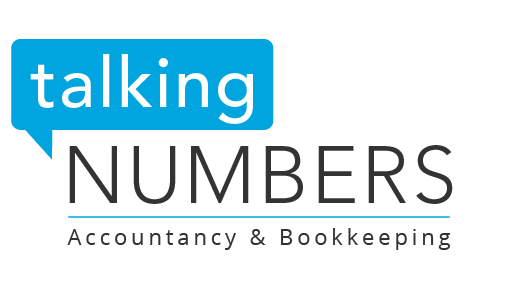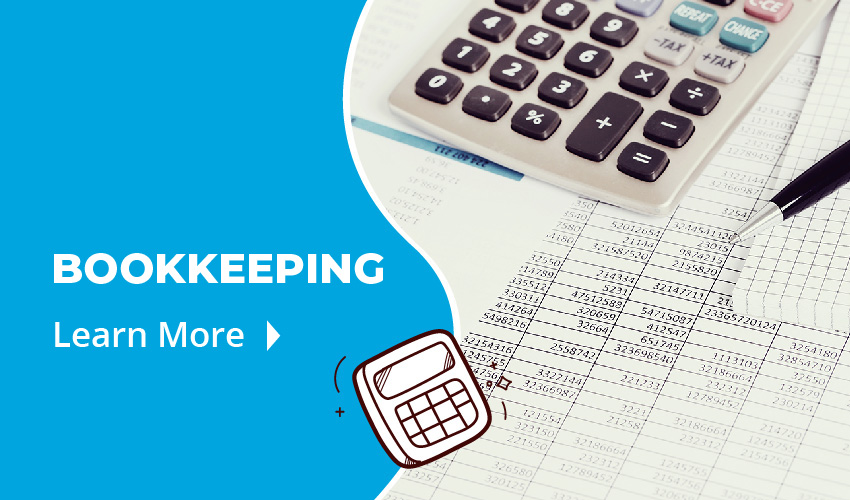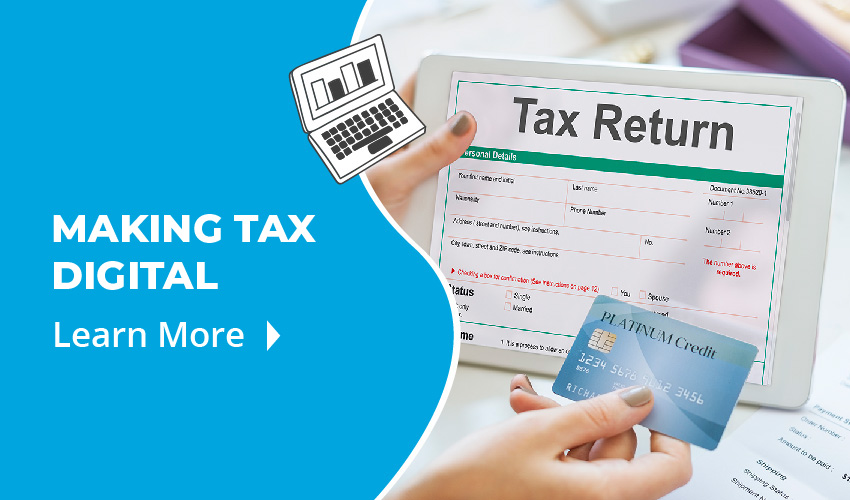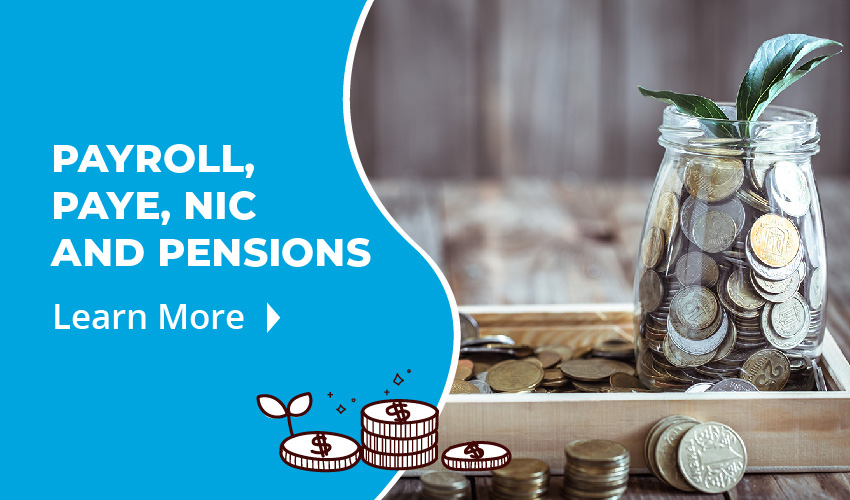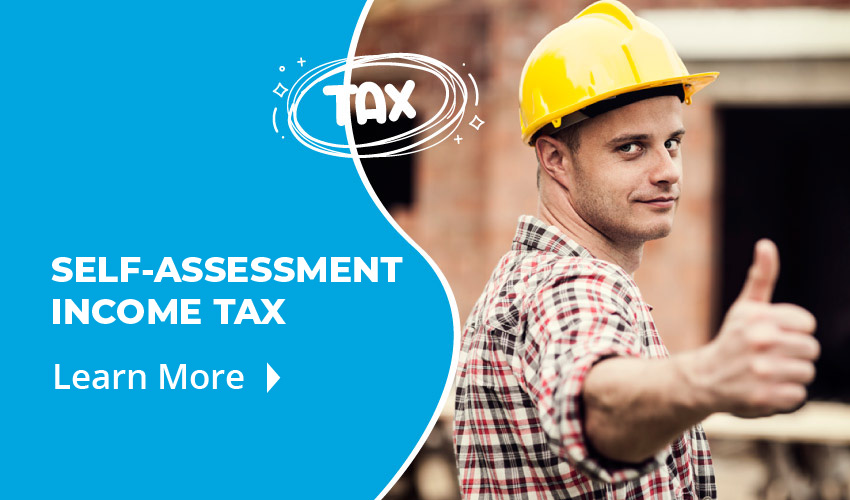National Insurance pays for certain state benefits and the State Pension. Almost everyone pays National Insurance on their earnings, but self-employed individuals need to make contributions too.
What is National Insurance?
National Insurance Contributions (NICs) are mandatory payments to HMRC, and they allow you will qualify for certain state benefits, including the State Pension. There are different classes of NICs, and each class results in different entitlements.
Class 1 National Insurance Contributions are made by employees. They are deducted from employees’ payslips and paid directly over to HMRC. Employers also have to make a contribution.
Class 2 National Insurance Contributions
The main class of NICs for self-employed people is Class 2. This is paid at a set rate for each week that you are self-employed in the year. The rate for 2023/24 is £3.45 per week.
There are three scenarios for self-employed people:
| Profits for the year | NIC Treatment |
| Less than £6,725 | You do not need to pay Class 2 NICs, but you can pay them voluntarily. |
| Between £6,725 and £12,570 | You do not need to pay Class 2 NICs, but you are treated as having paid them for the year – this is known as a credit. |
| Over £12,570 | You must pay Class 2 NICs at £3.45 per week. |
Voluntary Contributions
You will notice that if your profits are less than £6,725, then you do not need to pay NICs. The reason that you might want to pay them voluntarily is because this can protect your entitlement to certain state benefits, and the State Pension.
You need 35 full years of contributions or credits to entitle you to the full State Pension. If you don’t have enough “qualifying” years, you can sometimes go back and fill in gaps in your record by paying voluntary contributions, known as Class 3 NICs. These are more expensive than voluntary Class 2 contributions and so paying voluntary Class 2 contributions can be a cheap way to make up your record and ensure that you get the full state pension. Class 3 NICs also don’t give you the entitlement to the same state benefits as Classes 1 and 2.
National Insurance Credits
In the second scenario, where you have profits between £6,725 and £12,570, you do not have to pay Class 2 NICs, but you are given “credits” which go against your record. This means that you are treated as having paid a full year of NICs without actually having paid anything.
Class 4 National Insurance Contributions
The final class of NICs that is important for self-employed people is Class 4. This type of NIC works differently to Class 2, and is mandatory if you have self-employment profits of over £12,570. Profits between this amount and £50,270 are charged at 9%, and the rate reduces to 2% on profits over £50,270. Class 4 NICs don’t entitle you to any state benefits or the state pension, because you will have already got this entitlement by paying Class 2 NICs.
The rules for National Insurance are complex, and there are a number of exceptions to the above. Most people want to consider how their State Pension will be affected. Talking Numbers Accountancy and Bookkeeping can make sure that you are paying the correct amount of National Insurance as a self-employed person, an employee or even an employer. Get in touch today for a free, no-obligation consultation.
Please note that the content of this post is intended for information only and is not to be taken as financial, investment or pension advice. Talking Numbers Ltd will not be held responsible for any action or lack of action taken as a result of the information provided in this post.
Talking Numbers Accountancy and Bookkeeping can help to take the stress out of running your payroll. We offer competitive, transparent pricing for weekly, monthly and four-weekly payrolls, meaning that you can spend time focusing on running your business. We can take care of tax codes, earnings orders, holiday pay, pension duties and all the other tasks that come with running a payroll. Get in touch today for a free, no-obligation consultation.
